Gordon Taylor: From humble winger to longest-serving trade union leader in world
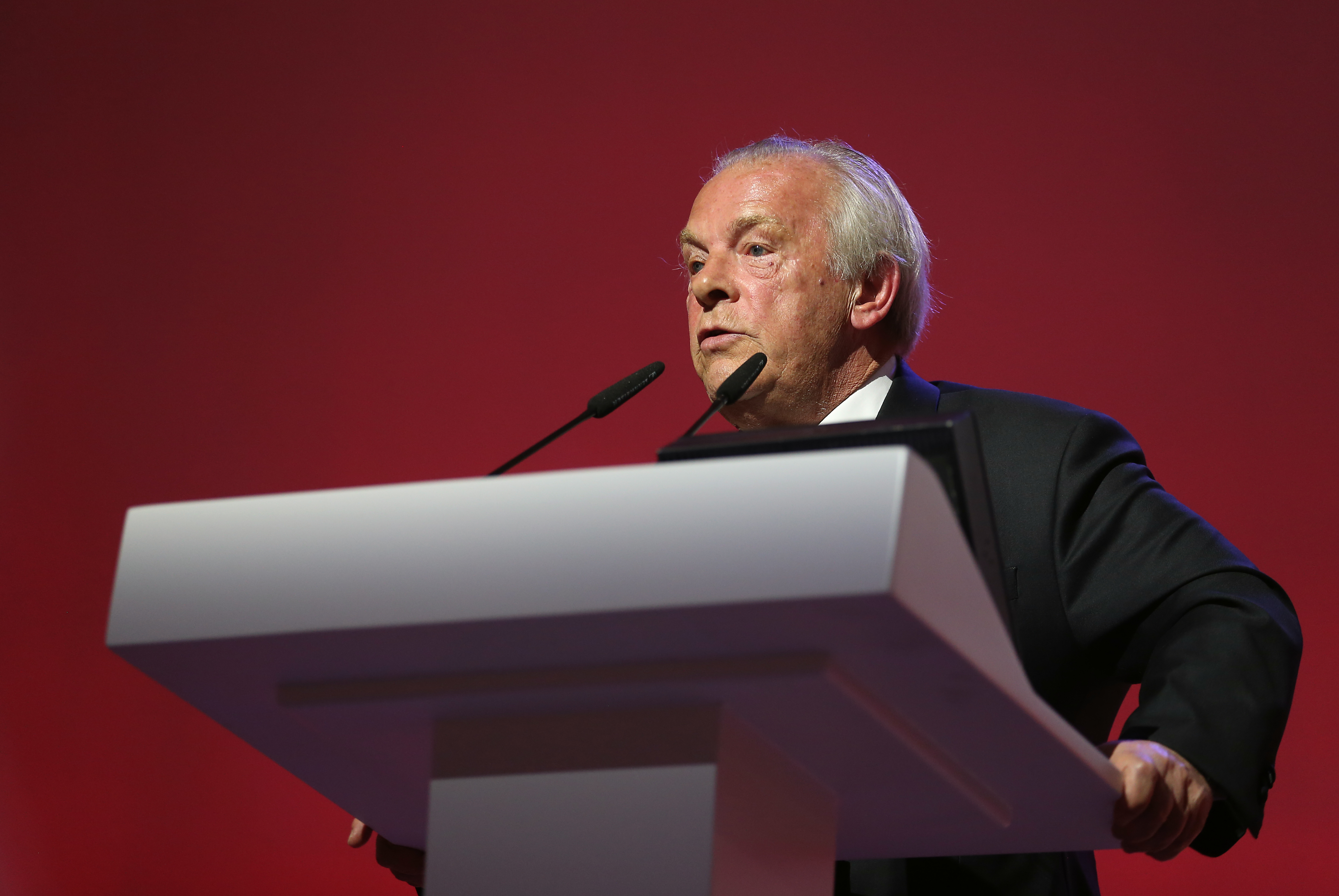
From humble beginnings, Gordon Taylor became the longest-serving trade union leader in the world as chief executive of the Professional Footballers’ Association.
By the time he steps down at the end of the season, Taylor will have spent 40 years in the role and, for much of that time, his achievements earned him the support and respect of those he represented and the wider football community.
However, the 75-year-old’s extraordinary tenure is unlikely to be universally celebrated when it finally ends due to recent controversies over his salary and the perceived slow reaction in researching the possible link between head injuries and the incidence of dementia among former footballers.
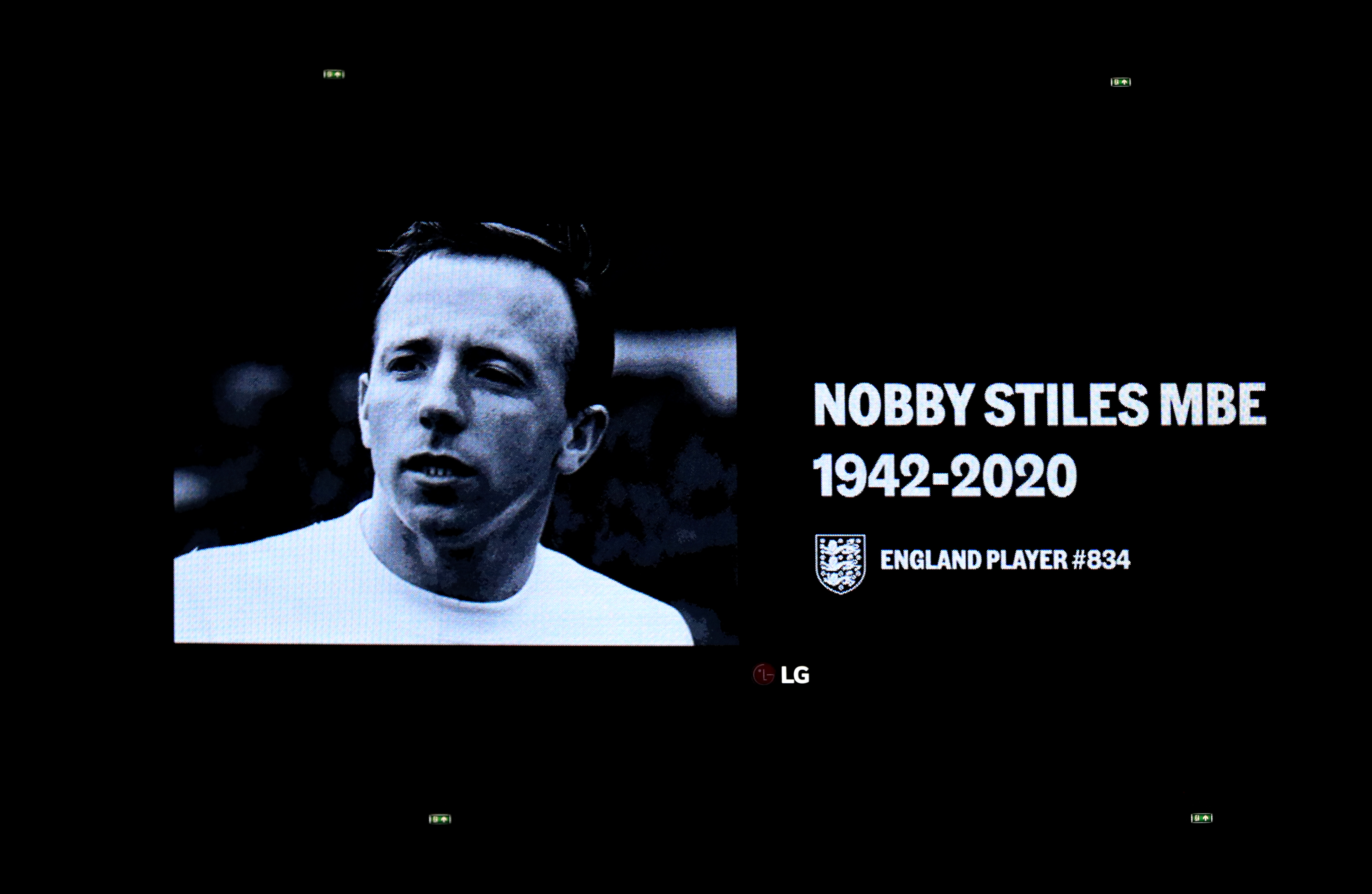
The latter issue in particular saw the PFA come in for severe criticism, with John Stiles, whose World Cup-winning father Nobby died in October after suffering from dementia, calling for Taylor to resign over its alleged failure to support former players suffering from neurodegenerative illnesses.
Taylor’s critics will therefore no doubt welcome his departure, but the former Bolton, Birmingham and Blackburn winger dedicated much of his career to serving the interests of professional footballers, who have plenty to thank him for.
In 1992, he used the threat of strike action to win the PFA a significant share of the newly-established Premier League’s television revenue.
He threatened industrial action again in 2001, after receiving 99 per cent support from PFA members, to negotiate an improved offer from the Premier League of £52million funding over three years instead of £30m.
Get FourFourTwo Newsletter
The best features, fun and footballing quizzes, straight to your inbox every week.
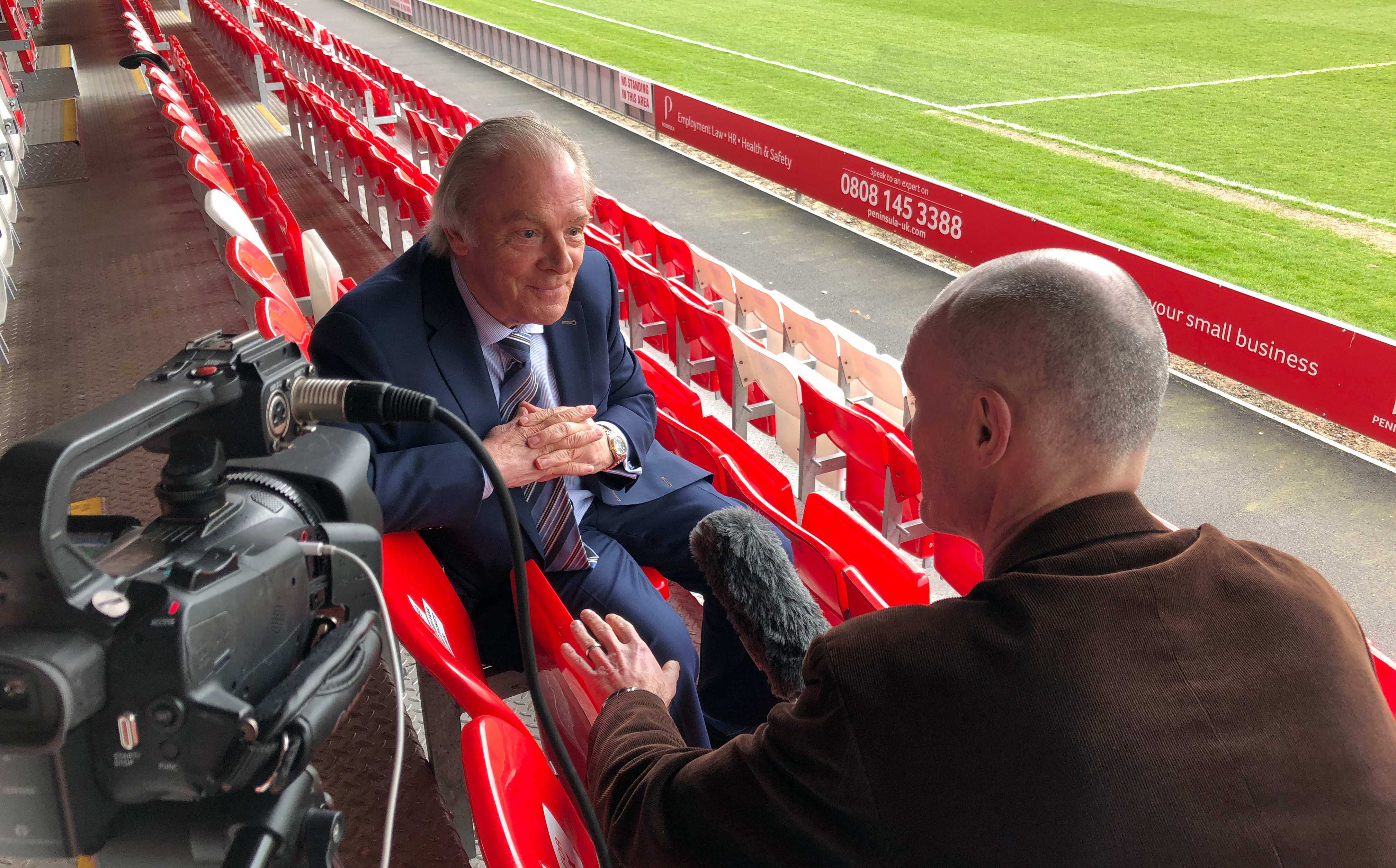
In late 2018 he secured a new contract with the Premier League, English Football League and the Football Association worth £60m over three years.
Taylor, appointed PFA chief executive in 1981, undoubtedly raised the union’s profile. He moved its Manchester-based office to a new headquarters, where staff numbers swelled from a handful to over 100, and was largely responsible for professionalising player welfare.
An eloquent speaker and shrewd negotiator, Taylor took special pride in championing the cause of lower league players and the grassroots game and kept the well-being of all professional players at the heart of any football debate.
He campaigned for, and delivered, a new standard contract for all players, better accident insurance, increased pensions and a system of grants which enabled players to study for a career after football while they were still playing the game.
Qualifications can be key to securing a career after football. All current and former players can access financial support for academic courses. Find out more: https://t.co/rhWPgCe44Qpic.twitter.com/JMGsdrYcwn— Professional Footballers' Association (@PFA) November 22, 2020
During the 1980s, Taylor was instrumental in the implementation of the Youth Training Scheme (YTS) into professional football and oversaw its evolution into the current Apprenticeship in Sporting Excellence Programme (ASE).
Football in the Community was another Taylor initiative, while he ensured the PFA remained a major funder of both Show Racism the Red Card and Kick It Out. He was inducted into Show Racism the Red Card’s Hall of Fame in 2004.
Taylor regularly took on the role of troubleshooter in many of football’s major disputes – breakaway leagues, television revenue and restructuring – and was for years portrayed as a beacon for common sense.
But since the advent of the Premier League and burgeoning television revenue, Taylor increasingly found himself at odds with the game’s elite and towards the end of his tenure his detractors took him to task over his salary, reported to be £2.29m in 2019.
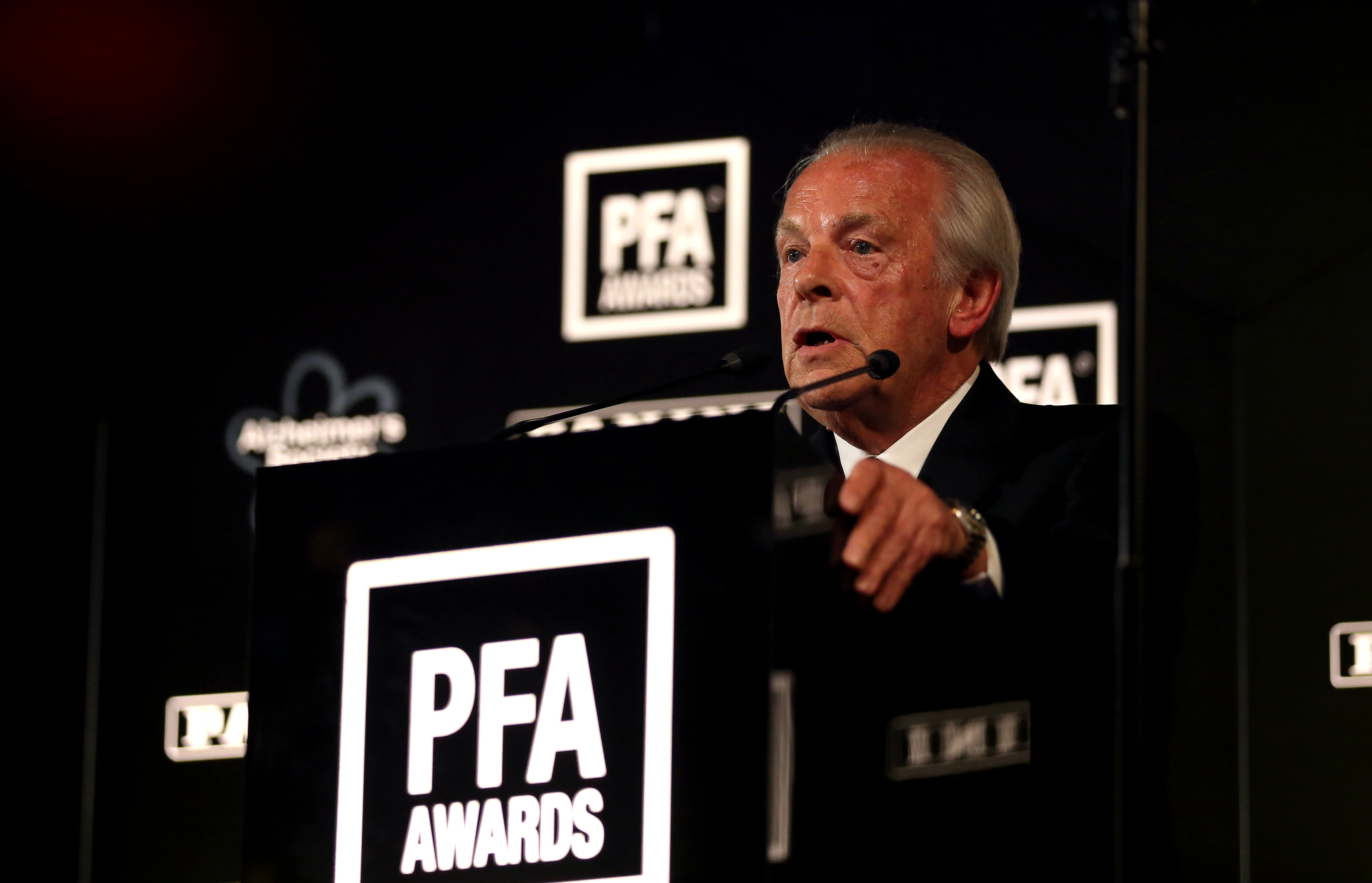
Taylor was accused of becoming football’s ‘fattest cat’ and critics pointed to the fact that the PFA had spent only a fraction of this sum on researching the links between dementia and heading footballs and benevolent grants to former players.
His credibility as a union boss had also been dealt a major blow in 2013 when it was reported Taylor, who had for years spoken out about the perils of gambling among footballers, had run up debts of £100,000 with a bookmaker.
Taylor was born in Ashton-under-Lyne in 1944 and his father, a British Rail fitter, was a staunch union man.
A career in professional football beckoned after Taylor had represented Lancashire Schoolboys and had a trial for England Schoolboys.
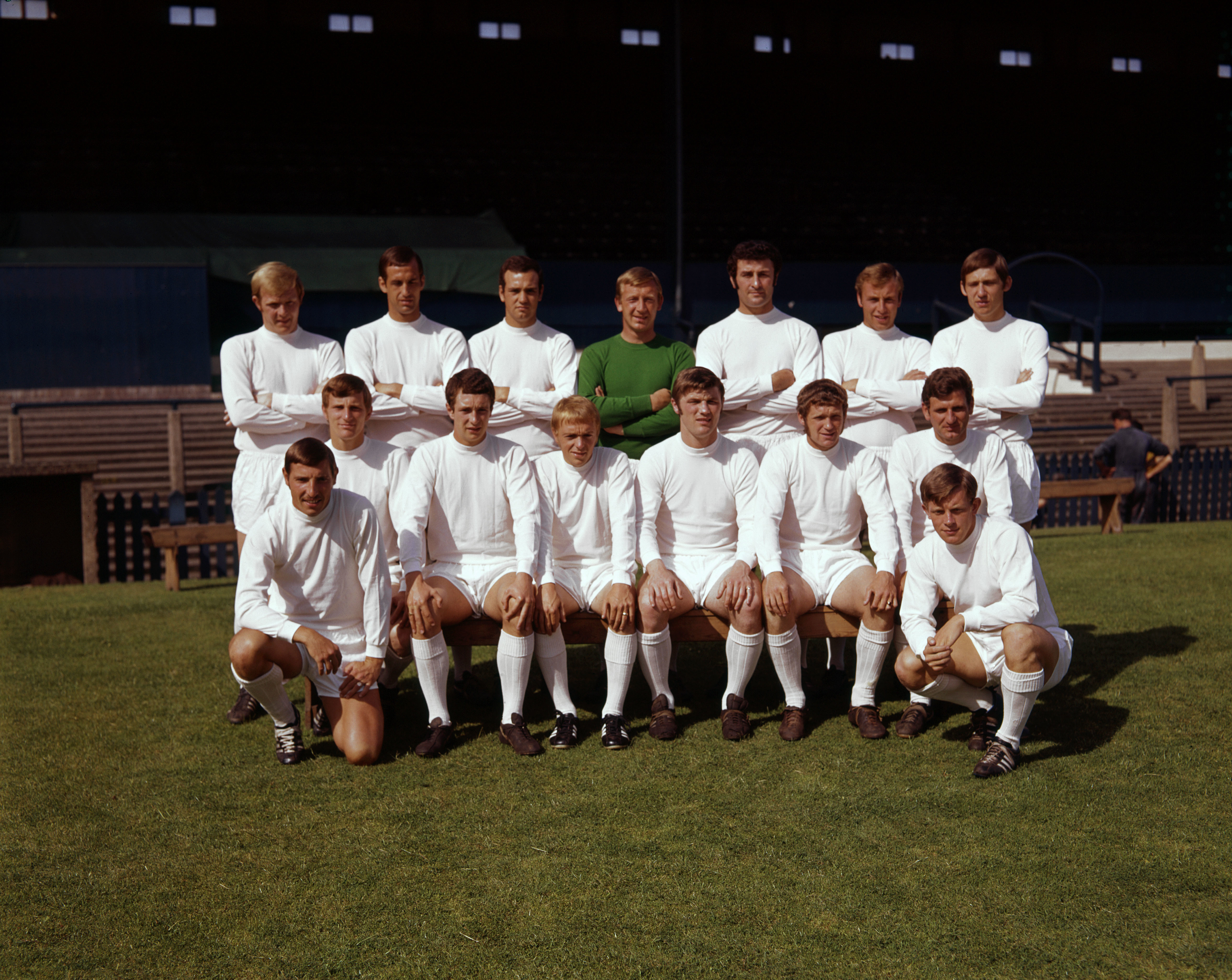
He turned down interest from Manchester United and Arsenal among others to join Bolton, whom his father supported, in 1960.
Taylor enjoyed a 17-year playing career which included spells at Birmingham, Blackburn, Vancouver Whitecaps and Bury, but always planned for life after football and never turned his back on his education.
In his early years at Bolton he completed his A-Levels and then an external degree in economics at what is now Manchester Metropolitan University.
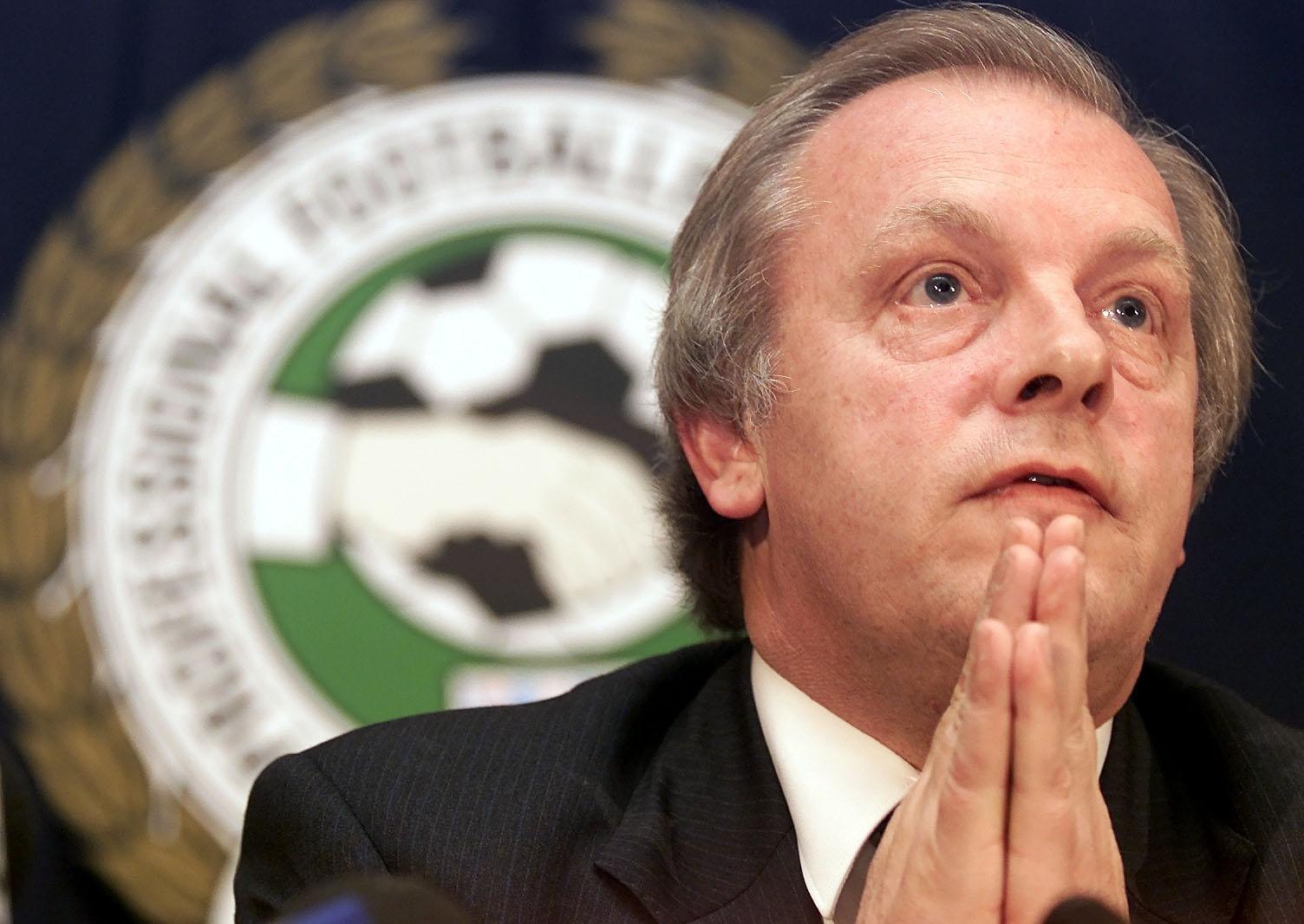
He took an interest in players’ rights and terms of employment during his spell at Bolton, where he became club delegate, and was appointed to the PFA’s management committee in 1972 while at Birmingham.
Taylor succeeded Derek Dougan as PFA chairman in 1978 and joined the union full-time after he had hung up his boots in 1980. He was appointed PFA secretary/chief executive in 1981 following Cliff Lloyd’s resignation.
In 1994 Taylor was appointed president of the International Association of Football Players’ Unions (FIFPro). He held the position until 2005 but remained an honorary president.
